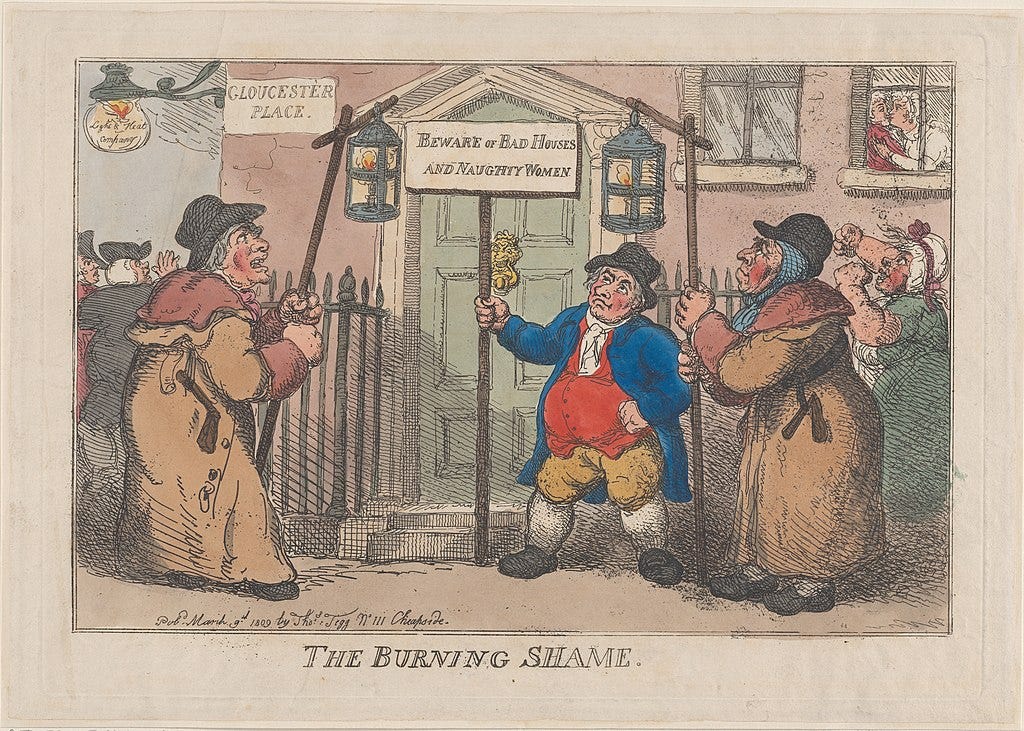Have You No Shame?
It depends on your commitment to honor, duty, and accountability.

“I am no longer good through deliberate intent, but by long habit have reached a point where I am not only able to do right, but am unable to do anything but what is right.”
— Seneca, 65
Every day, I’m amazed at how many people view the world in absolutes.
We have so much information at our fingertips, accessible through a few swipes or clicks on the supercomputers we hold in our hands.
Gone are the days that required a trek to the local library, thumbing through the card catalog, where thousands of cards held the secrets of our collective knowledge, held in a warm embrace by shiny oak drawers and cold a metal spindle.
No longer do we need an understanding of the Dewey Decimal System.
And yet, with the ability to connect to individuals and information anywhere across the globe in the blink of an eye, we seem more clueless than ever.
Social media, once the promised land of digital discourse and avowe…



